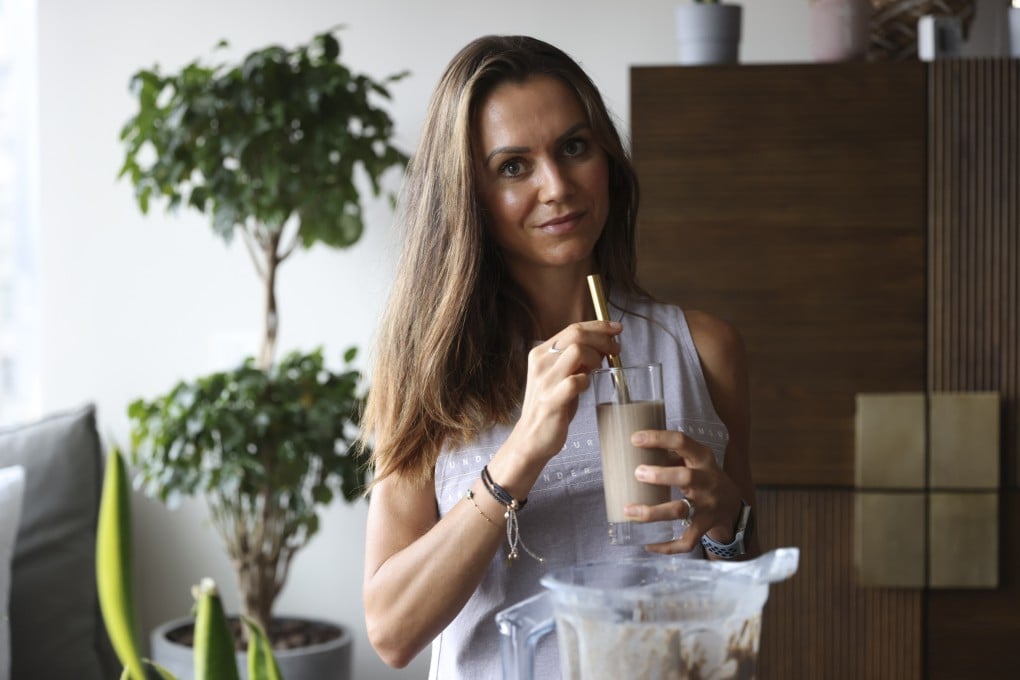Advertisement
How a whole food plant-based diet can make you healthier and happier, and may even reduce the risk of severe Covid-19 infection
- Personal trainer and nutrition coach Charissa Areington saw her many health issues clear up after switching from meat and dairy to a whole food plant-based diet
- A recent study found that people who ate a plant-based diet had a 73 per cent lower chance of developing a moderate to severe Covid-19 infection
Reading Time:4 minutes
Why you can trust SCMP
2

Before switching to a whole-food plant-based (WFPB) lifestyle eight years ago, Charissa Areington struggled with bad skin breakouts, irritable bowel syndrome, sinusitis and fatigue.
Fed-up with feeling less than 100 per cent for much of the time, she stopped eating meat and dairy products and began consuming more vegetables and fruit. It didn’t take long for her to notice changes in her health.
“My breakouts cleared up, I had more energy, my sinusitis improved and I started digesting food a lot better,” says the South African personal trainer and nutrition coach, who moved to Hong Kong in April 2020.
Advertisement
“Prior to eating whole plant-based foods, I mostly ate steamed fish and chicken, yogurt and cottage cheese, but this threw my gut bacteria out of balance and wreaked havoc on my digestive system.”

Over time, Areington realised how important what she ate was to gut health and immunity.
Advertisement
Advertisement
Select Voice
Select Speed
1.00x